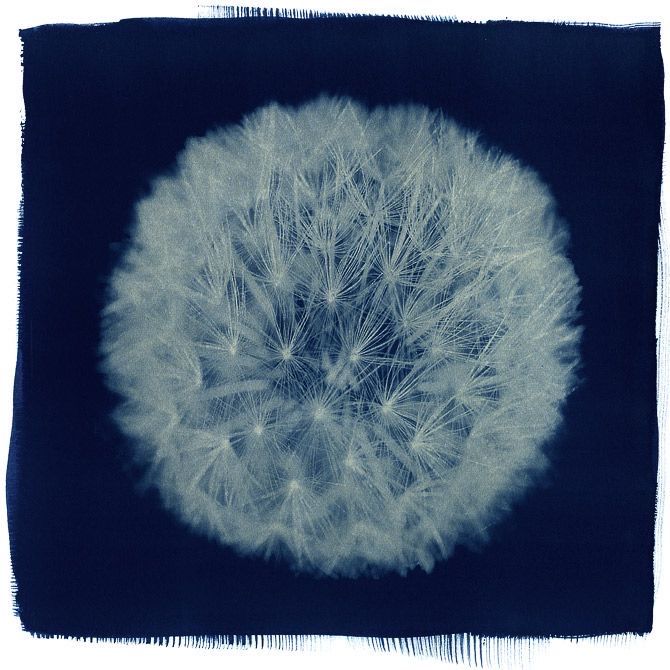The Beginning
Il Nostro didn't originate as a concept or a business plan, but as a response. It was a response to the feeling that a gaping void had formed between industries and cultures. We saw that a world saturated with forms had lost the forms that could explain the essence of things. The essence that every human being strives for. We began with one thing — the desire to build a space where complexity would be perceived not as a threat, but as an organic environment.

Initially, it was an observation: of how art culture functions, how cultural codes are exploited, how the slow, the sincere, the refined disappears. But over time, this observation became deeper: we began to see how not only the form of the industry was transforming, but also its essence — how the inner honesty of processes was vanishing, how participants were losing faith in the possibility of truly being heard, how new ideas remained unrealized not because of their weakness, but because of the fragility of the environment. We began to understand: cultures don't change — they forget what and why they were created for.
Then — participation: not as a strategy, but as a continuation of the dialogue with those who were already inside the cultures, who lived them and suffered within them. That is, everything began not with structures, but with people — artists, curators, designers, editors, visionaries who, despite the lack of freedom in the environment, continued to create and seek. Our interactions with them arose from strong values and empathy — from the desire to preserve the living in a space where cynicism and the fear of taking a step increasingly triumph. This is how not a company, but a space began to take shape — like a stage where honest dialogue is possible between those who feel what tomorrow will be, and those who are capable of giving it form. A "stage" where each element arises not because "it's necessary," but because the next step is impossible without it.
We didn't just start responding to our own needs — we started responding to the needs of the cultures and industries themselves, which had lost the ability to rethink themselves. We understood: everything begins not with systems, but with loneliness. With the loneliness of those who hear the world differently but cannot find a common language with it. It was precisely this loneliness of talents, hidden energies, unshared intuitions that we encountered everywhere — in fashion, in art, in architecture, in theory, even in technology. Where there should have been communities, there were fragments. Where structure was expected, there was a fragmented scene without dialogue. Therefore, Il Nostro from the very beginning was an attempt not so much to create a platform, but to restore the possibility for a person to be heard. Not to "sell" oneself to culture, but to be in communion with it.

Observation showed: modernity rejects communion — and it is precisely this that destroys the future. When a culture stops hearing its participants, it begins to speak only to itself.
Therefore, Il Nostro is not an intrusion, but a proposal. A proposal to go beyond familiar boundaries. Art, fashion, finance, architecture, technology, logistics — all these spheres are dear to us not because they are "promising," but because they require care. We see their vulnerability. And therefore, we are not afraid to enter them not as operators, but as participants with deep empathy.
Our interest is institutional. We are building structures that can support initiative, not suppress it.
We observe the political and economic situation in the world, which creates the prerequisites for the future conditions of institutions.